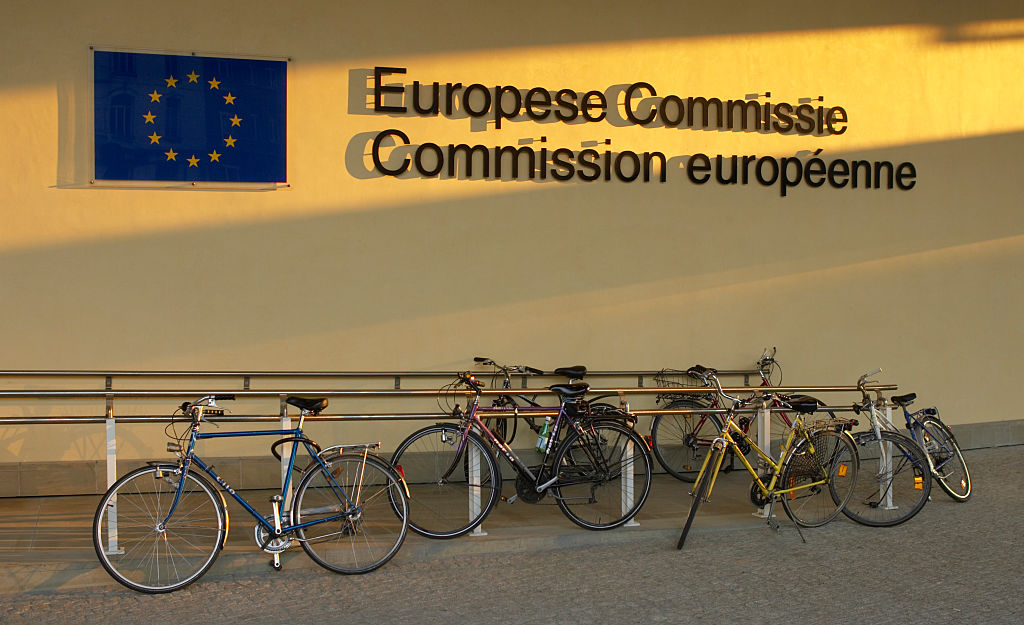Chaos! That seems to be the name of the game when it comes to French politics the past few years. Prime Minister François Bayrou has announced a vote of no-confidence scheduled for early September. It’s a coin flip as to whether he will survive politically or not, or if France will once again head to early elections. If they do, it is likely France will have their sixth prime minister in just over five years.
Of course, this political contagion of constantly collapsing congresses is not unique to France. Austria has had a total of seven chancellors in the last decade, and that’s not even including temporary acting chancellors. Currently, Vienna is governed by a rickety three-party centre-right/centre/centre-left coalition.
Germany’s past government – another rickety three-party coalition – did not even survive its term, and for the duration the governing parties bickered to no end. Berlin’s current ruling coalition may fare no better, as it is a “grand coalition” of two centrist parties who do not like each other all that much.
The United Kingdom, famously, ran through six prime ministers over the last decade. Poland’s government, a hodgepodge of parties, cannot even muster up the votes to manage to pass major priorities like repealing an abortion ban (regardless of the president’s veto). Portugal, after just over a year of a minority centre-right government, went to the polls earlier this past May. The result? Another minority centre-right government. None of this, of course, is to mention countries like Bulgaria, who seem to have elections on any day ending on “y” (six prime ministers and six elections in five years). Nor is it to mention the European Parliament itself, which has a barely-there alliance of centre-right, centre-left, and centrist parties.
Here is a red thread running through all of this political deadlock: A stubborn refusal of the centrists truly to break the cordon sanitaire which has kept the populist-right out of power in many of these countries. The cordon sanitaire, such as it is, is usually mentioned as a rope around populist-right parties. But the centrists have not just kept the parties out: They have also stubbornly refused to accept their ideas.
This is not to say the rope has not weakened. In many cases, centre-right parties have quietly voted with the populist-right, or have started lightly to embrace some of their policies. But by and large, the centre-right parties have still not allowed the populist-right truly to partake in government, nor have they truly accepted their political ideologies.
This, ironically, hurts the establishment in both a technical way and a political way.
The technical way is rather simple: In parliamentary politics, you need to have a majority to pass anything. Countries like America, which have a two-party first-past-the-post congressional system, are insulated from these issues, as each side of the political aisle is forced to settle all major debates internally during primaries.
But in multi-party European systems, one must form a majority. In many of the above cases, the populist-right is getting anywhere from one-fifth to one-third of the votes. By permanently blocking off one-fifth to one-third of the votes – many of whom were former centrist voters or were voters who would not be opposed to working with the centre-right – the centre-right is essentially making it incredibly hard to govern. Their most likely allies are sawed off, leaving them with only centrist parties (which are usually small, and therefore not large enough to form coalitions with) or the centre-left. And the centre-left, of course, will never allow the centre-right to tackle the issues which would halt the rise of the populist-right (like dealing with migration).
Then there is the political, which is closely related to the last point. If voters are furious and feel unheard, that feeling only becomes magnified when establishment-friendly individuals say, “No matter how hard you yell, we will never listen to you.” This is not conjecture: In practically every single listed country, the populist-right has increased support in polling and in elections. Thus, for the establishment, a vicious circle begins: By rejecting the populists, they make them stronger. And in doing so, voters get more and more frustrated, until doubt begins to crack the very system itself.
The frustrating thing is that there are real-life examples of how including the populist-right has not caused problems. Take Prime Minister Giorgia Meloni’s government in Italy. So far her government has been remarkably stable, and a glance at polling averages reveals that the government parties have effectively frozen in place for years, with her party easily at the top. If Meloni simply serves out this term, she will be one of the longest-serving prime ministers in Italian history. Contrast that to the absolute laundry list of prime ministers and chancellors discussed above.
Sometimes, the establishmentarians pretend to consider working with the populists, but their hearts just aren’t in it. Take Austria’s recent government formation, which saw populist-right Freedom Party leader Herbert Kickl nominated as chancellor. The centre-right People’s Party played the role of considering being the junior partner but refused – adamantly – to hand over the interior ministry, the powerful police force of which they clearly wished to maintain control. While Kickl could have handled things better, it was still a sign of sever disrespect from the People’s Party – and an unwillingness to grapple with why Kickl had beaten them in the first place. The result was a failure to create a new government and the establishment creating a hodgepodge three-party coalition (and, like elsewhere, the populist-right Freedom Party leaping up in the polling averages).
This intransigence helps no one. It clearly does not help the establishment, which is holding an increasingly weak grasp on power. And it does not help the people, who are increasingly distrustful of the supposedly democratic institutions which refuse to bend to their will.





Populist parties must make populist-nationalism the ‘default’ right-wing view in the West